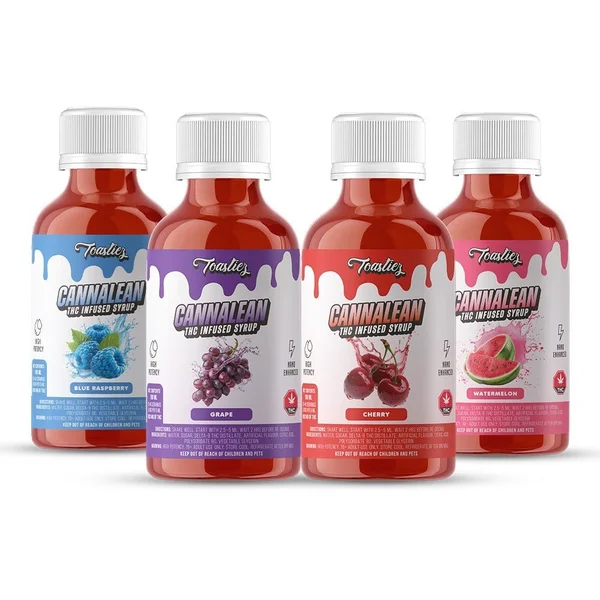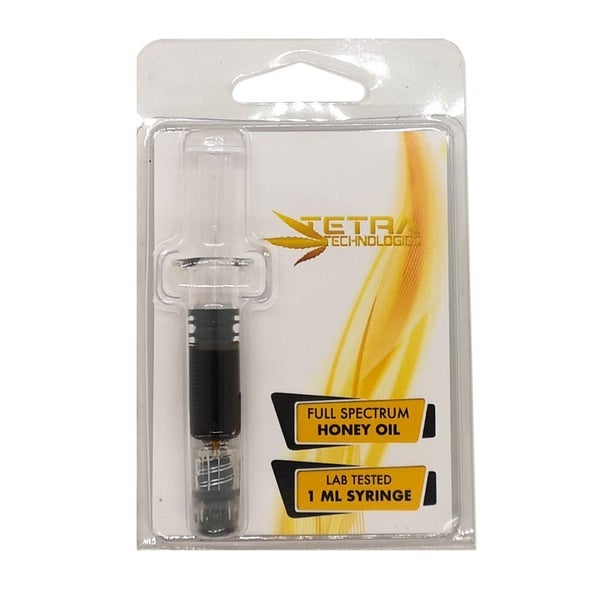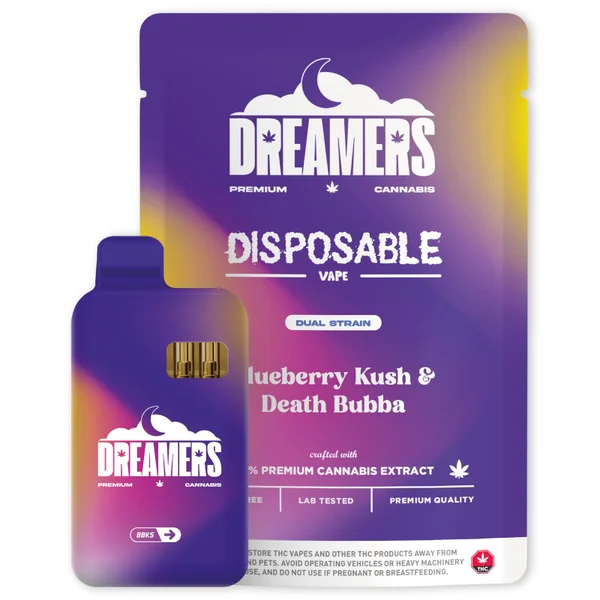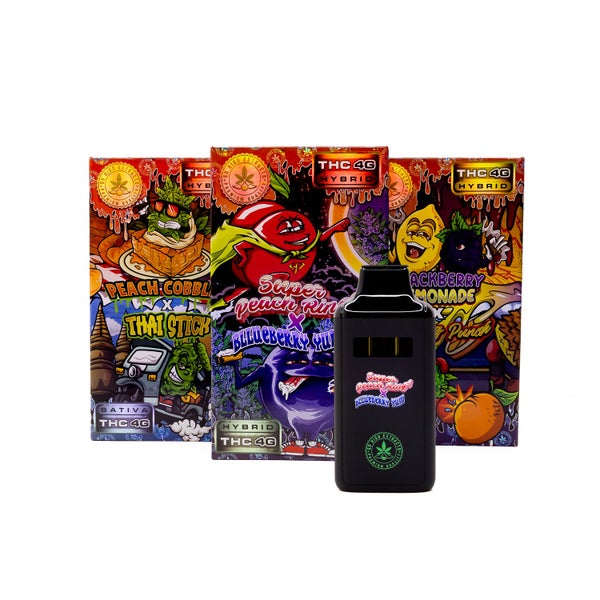Your cart is currently empty!
Edibles, Oils, and Vapes: Different Ways to Use Cannabis for Multiple Sclerosis

Dealing with Multiple Sclerosis can feel like a winding road, but ‘Cannabis for Multiple Sclerosis’ may be the roadmap to relief you’ve been searching for.
Multiple Sclerosis (MS) is a progressive neurological disorder affecting nearly 2.3 million people worldwide, according to the National MS Society. It is an unpredictable and often disabling disease that disrupts the flow of information within the brain and between the brain and the body.
There is currently no cure for MS, with treatment typically focused on managing symptoms, speeding recovery from attacks, and slowing disease progression. Recently, cannabis has garnered attention as a potential therapeutic agent for managing MS symptoms. The use of Cannabis for Multiple Sclerosis is an area of increasing research, with early findings showing promise in areas such as pain and spasticity management.
A Look at Multiple Sclerosis: Symptoms and Traditional Treatments
MS symptoms are diverse and can vary significantly among patients. Common symptoms include fatigue, difficulty walking, numbness or tingling, spasticity, weakness, and problems with coordination and balance. Traditional treatments range from physical therapy and lifestyle modifications to the use of disease-modifying therapies (DMTs) and medications to manage symptoms.
However, many of these treatments come with notable limitations, such as side effects, the potential for relapse, and in some cases, limited effectiveness. These limitations have prompted interest in complementary and alternative treatments, such as Cannabis for Multiple Sclerosis.
The Science Behind Cannabis and Multiple Sclerosis
Cannabinoids, the active compounds in cannabis, interact with the body’s endocannabinoid system (ECS), which is believed to play a role in many bodily functions and diseases, including MS. It is postulated that cannabinoids may help mitigate some of the symptoms of MS by modulating the ECS. A number of research studies have focused on the potential use of Cannabis for Multiple Sclerosis. A review published in the Journal of Neurology, Neurosurgery, and Psychiatry in 2018 reported that cannabinoids could effectively treat pain and spasticity in MS.
Cannabis Edibles for Multiple Sclerosis
Cannabis edibles are food and drink products that have been infused with cannabinoids. They offer a smokeless alternative for those who wish to use cannabis for medicinal purposes. For MS patients, edibles could provide long-lasting relief from symptoms such as pain and spasticity. However, they also have drawbacks, including delayed onset of effects and difficulty in dosing. Some MS patients might find benefits in cannabis-infused teas or chocolates, but it’s essential to start with small doses and gradually increase them until you achieve the desired effects.
Cannabis Oils for Multiple Sclerosis
Cannabis oils are concentrated liquid extracts from the marijuana plant. You can take them orally, sublingually, or applied topically. These oils can be beneficial for MS patients because they allow for precise dosing and offer a non-smoking consumption method. Nevertheless, the drawbacks may include varying absorption rates and potential side effects like dizziness or drowsiness. CBD oils with balanced THC and CBD ratios, such as 1:1, are often recommended for MS patients due to their potential to manage both pain and inflammation.
Cannabis Vapes for Multiple Sclerosis
Cannabis vaping involves inhaling vaporized cannabis extracts. Vaping devices heat cannabis oils or flowers to a temperature that releases their therapeutic compounds without combusting. The benefits of vaping for MS patients include rapid onset of effects and easy dose control. On the flip side, potential drawbacks include the risk of lung irritation and the need for regular device maintenance. For MS patients considering vaping, products with both THC and CBD may provide the best symptom relief.
How to Choose the Best Method Of Using Cannabis for Multiple Sclerosis for You
Choosing the right cannabis consumption method for MS largely depends on personal preference, symptom relief needs, and lifestyle considerations. It’s important to consider each method’s onset time, duration of effects, ease of use, and potential side effects. Regardless of the chosen method, starting with low doses and slowly titrating up is always good for the safe and effective use of Cannabis for Multiple Sclerosis.
Use of Cannabis and Cannabinoids in Treating Symptoms of Multiple Sclerosis
There is growing evidence supporting the use of Cannabis and cannabinoids in treating several symptoms of Multiple Sclerosis (MS). Both anecdotal reports and clinical studies suggest that cannabis and its compounds, particularly THC (tetrahydrocannabinol) and CBD (cannabidiol), could help manage symptoms like pain, spasticity, and bladder problems associated with MS.
A review published in the Journal of Neurology, Neurosurgery & Psychiatry in 2019 revealed that oral cannabinoids could be effective in treating spasticity and chronic pain in individuals with MS. Another study published in the Neurology journal reported that smoking cannabis could reduce pain and spasticity in MS patients.
Cannabinoids interact with the body’s endocannabinoid system (ECS), which is involved in many physiological processes, including pain and inflammation. In the context of MS, it is theorized that cannabinoids might help reduce inflammation and protect the nervous system, potentially contributing to symptom relief.
Which Form of Cannabis is Best for Nerve Pain and Muscle Pain?
When it comes to managing nerve pain (neuropathy) and muscle pain (myalgia), different forms of cannabis can offer different benefits. The choice of cannabis product depends on the individual’s specific needs, tolerability, and personal preferences.
Oral forms of cannabis, such as oils and edibles, might offer long-lasting relief. The body ingests and metabolizes these forms over several hours, providing prolonged symptom relief. This could be particularly helpful for individuals who experience constant or chronic nerve and muscle pain.
Topical forms of cannabis, such as creams, balms, and lotions, can be applied directly to the skin over painful areas. This method may be especially effective for localized muscle pain, as the cannabinoids can interact with peripheral cannabinoid receptors to potentially provide targeted relief.
Inhaled forms of cannabis, either through smoking or vaporization, usually provide the quickest relief, often within minutes. This can be especially beneficial for individuals who experience sudden or acute nerve or muscle pain episodes.
It’s crucial to note that different forms of cannabis have varying onset times, durations of effect, and side effects. Therefore, individuals should consider consulting a healthcare professional before starting any cannabis regimen for pain management. It’s also important to start with low doses and adjust slowly based on symptom response and tolerance.

Conclusion
The use of Cannabis for Multiple Sclerosis presents potential benefits, with research indicating its efficacy in managing common MS symptoms. While cannabis won’t cure MS, it might offer symptomatic relief and improve the quality of life for many patients. As our understanding of cannabinoids and their interaction with the ECS grows, the future looks promising for cannabis as a complementary treatment option for MS.
Frequently Asked Questions
1. Are cannabis edibles effective for MS symptom relief?
Yes, cannabis edibles can relieve MS symptoms, including pain and spasticity. However, their effects might take longer to kick in compared to other consumption methods. You should start with small doses and increase gradually under a healthcare provider’s guidance.
2. Are cannabis oils recommended for MS patients?
Cannabis oils can be a good option for MS patients because they allow for precise dosing and offer a non-smoking consumption method. However, the absorption rate can vary; potential side effects may include dizziness or drowsiness.
3. Is vaping cannabis safe for MS patients?
Vaping cannabis can offer rapid symptom relief and easy dose control. However, it can potentially cause lung irritation. Therefore, you must consult with a healthcare provider before starting vaping.
4. Is it legal to use cannabis for MS?
The legal status of using cannabis for MS varies across regions. In some places, medical cannabis is legal, while in others, it’s not. It’s important to familiarize yourself with local laws and consult with a healthcare professional.
5. Which form of cannabis is best for nerve and muscle pain in MS?
Different forms of cannabis can be effective in managing nerve and muscle pain. Edibles and oils might offer long-lasting relief, while vaping can provide rapid relief. Topical forms like creams and lotions could be useful for localized pain.









Leave a Reply
You must be logged in to post a comment.